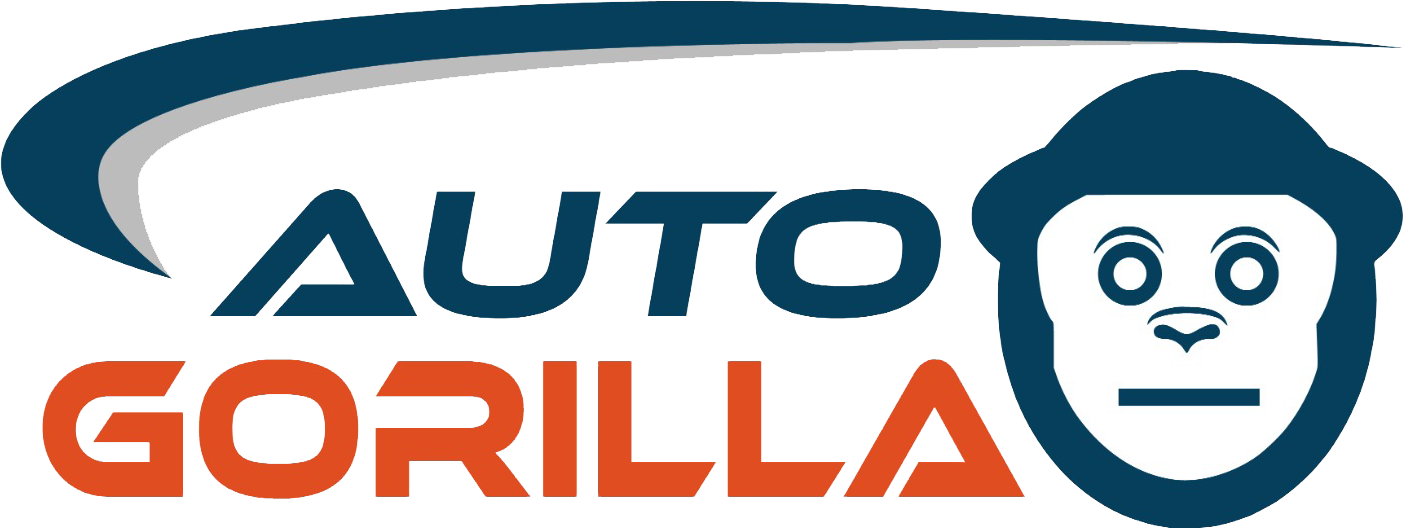WhatsApp us: +91 7758995175
|
info@autogorilla.com
Coupling used to transfer a movement from one part to another for transmit the power. Tyre coupling is used to connect the shafts to provide better alignments in drive systems.
Product Specification:
| Color | BLACK |
| Size | ALL SIZE |
| Country of Origin | Made in India |
Product Description: We are manufacturing tyres of tyre coupling of all size and ready stock of..... View more details
Product Specification:
| Material | Castorn Iron |
| Shape | Round |
| Size | 2 Inch |
Product Description: A range of highly flexible couplings offering excellent misalignment..... View more details
Product Specification:
| Material | Carbon Steel |
| Packaging Type | Box |
| Size | f14 to f120 |
Product Description: This coupling is a torsionally elastic and puncture-proof claw..... View more details
Product Specification:
| Material | Iron |
| Shape | Round |
| Color | Black |
Product Description: A range of highly flexible coupling offering excellent misalignment..... View more details
Product Specification:
| Material | MS |
| Shape | Round |
| Color | Blue |
Product Description: Our team of experienced professional enables us to offer a wide range of..... View more details
Product Specification:
| Ahmedabad | Company Name Hare Krishna Enterprise Seller Name Vijay Patel Nature of Business Manufacturer IndiaMART Member Since Nov 2010 Year of Establishment 2002 Legal Status of Firm Individual - Proprietor Number of Employees 11 to 25 People Annual Tu |
Product Description: We are engaged in offering a wide range of Tyre..... View more details
Product Specification:
| Country of Origin | Made in India |
| Minimum Order Quantity | 5 Piece |
Product Description: We are engaged in offering the finest quality Industrial Tyre..... View more details
Product Specification:
| Material | CAST IRON |
| Shape | ROUND |
| Color | BROWN |
Product Description: A tyre coupling, also known as a tire coupling, is a type of flexible..... View more details
Product Specification:
| Material | MS |
| Shape | Round |
| Color | Black |
Product Description: We are leading company for some specify products which i as follows..... View more details
Product Specification:
| Material | Cast Iron And Rubber |
| Inner Diameter | 15 mm To 60 mm |
| Available Size | 40 - 60 mm |
Product Description: Being one of the trusted firms in the industry, we are highly engaged in..... View more details
Your request has been successfully sent to suppliers related to the product you selected. They will review your request and contact you directly via your phone number or email. Expect a response shortly!
Your request has been successfully sent to suppliers related to the product you selected. They will review your request and contact you directly via your phone number or email. Expect a response shortly!
Standard Tyre Couplings: These are the most common type, featuring a simple design that connects two shafts with a flexible rubber element.
High Torque Tyre Couplings: Designed for applications requiring higher torque transmission, these couplings feature reinforced elastomeric elements and more robust hubs.
Heavy-Duty Tyre Couplings: These couplings are built to withstand extreme conditions, such as high loads, shock loads, and severe environmental factors and mostly applicable for industrial applications.
Flexible Tyre Couplings: These are engineered to provide enhanced flexibility, accommodating greater misalignment and reducing stress on connected components.
Tyre couplings are integral components in various mechanical systems, providing essential benefits such as flexibility, vibration damping, and shock load absorption.






